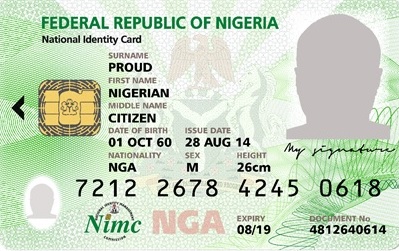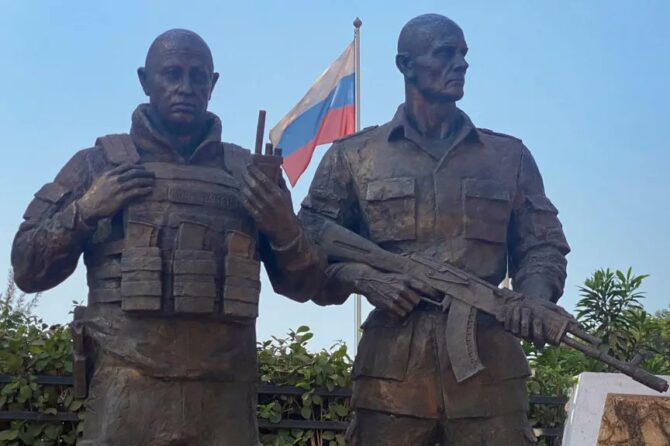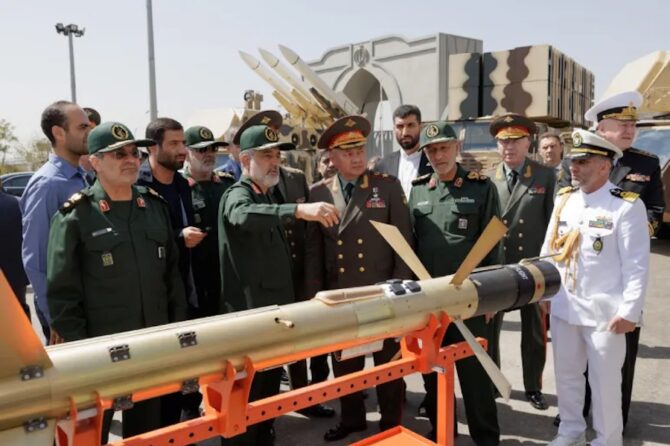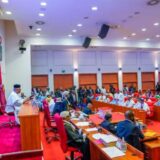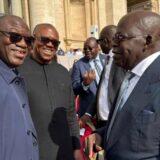Nigeria Steps In to Support Niger Republic Amid Fuel Crisis: A Diplomatic Move with Strategic Implications
ABUJA — Nigeria has extended a lifeline to Niger Republic by approving the immediate supply of 300 trucks of Premium Motor Spirit (PMS) to alleviate the country’s severe fuel crisis. This decision comes despite ongoing diplomatic tensions between the two nations, highlighting Nigeria’s role as a regional leader and its strategic interests in West Africa.
Background to the Crisis
Niger Republic’s fuel shortage reached alarming levels after a Chinese refinery, which was the primary source of fuel, shut down due to supplier issues. Petrol prices skyrocketed to as high as ₦8,000 per liter in some areas, crippling daily activities and economic operations.
Nigeria’s Response: A Strategic Bargaining Tool
A delegation from Niger’s military junta traveled to Abuja to negotiate emergency fuel supplies. Nigeria agreed to provide 13.5 million liters of petrol, which began arriving in Niger to ease the crisis. This move is seen as a “strategic bargaining tool” to encourage Niger’s return to the Economic Community of West African States (ECOWAS), from which it withdrew in July 2023.
Diplomatic Tensions and Cooperation
Despite strained relations, including allegations by Niger’s Head of State, Brig. Gen. Abdourahmane Tchiani, that Nigeria colluded with France to destabilize his country, Nigeria chose to assist its neighbor. This decision underscores the complex dynamics of regional politics, where economic and humanitarian considerations often intersect with strategic interests.
Impact on Regional Relations
Nigeria’s intervention highlights its influence in West Africa and its ability to leverage economic aid for diplomatic gains. However, Niger’s reluctance to acknowledge the assistance publicly suggests ongoing tensions23.
Long-Term Sustainability
While Nigeria’s support provides temporary relief, Niger’s long-term fuel security remains uncertain. Without a functioning refinery, Niger remains dependent on imports, a situation that could be exploited for future diplomatic negotiations.
Conclusion
Nigeria’s decision to support Niger Republic amid a severe fuel crisis reflects both humanitarian concerns and strategic interests. As the region navigates complex political and economic challenges, Nigeria’s role as a stabilizing force will continue to shape regional dynamics.



